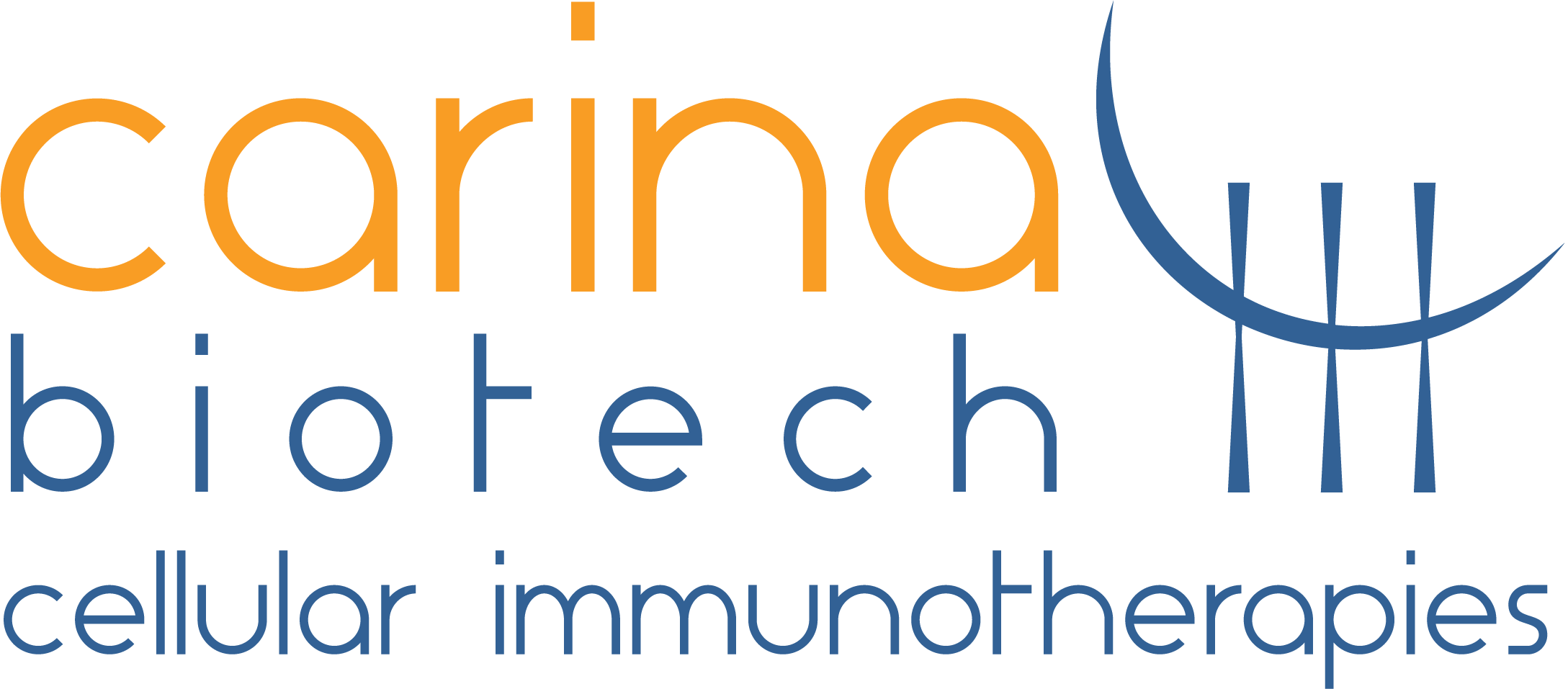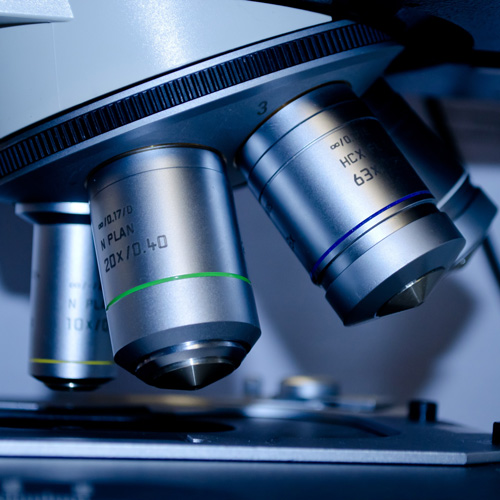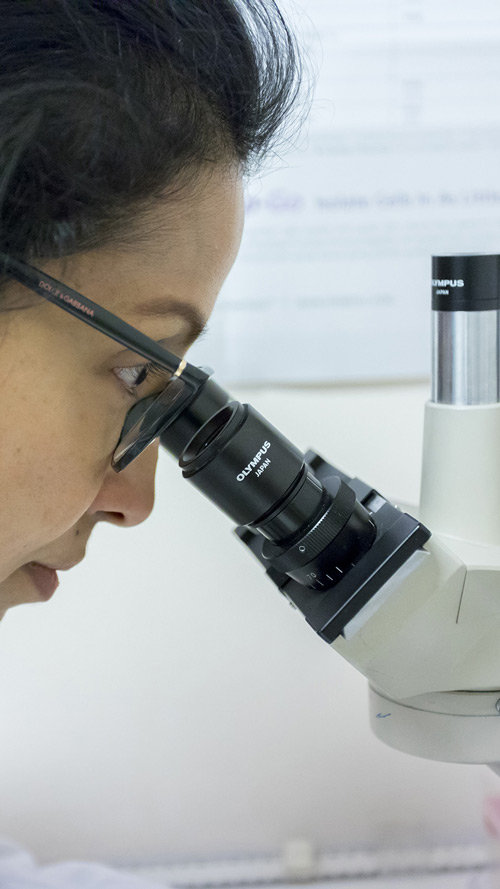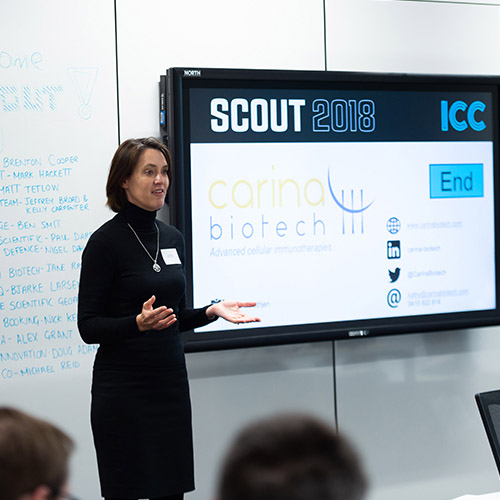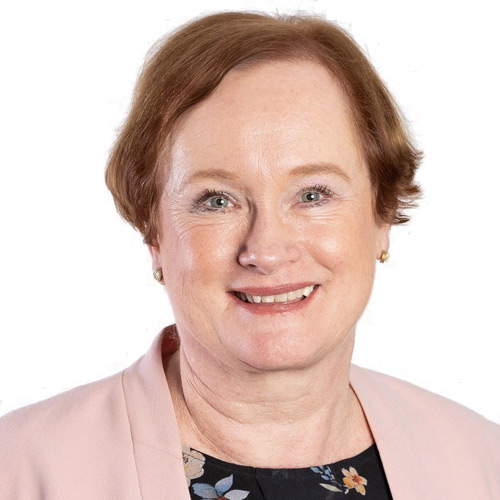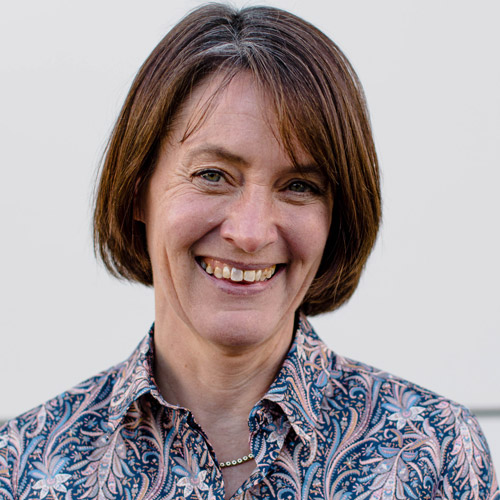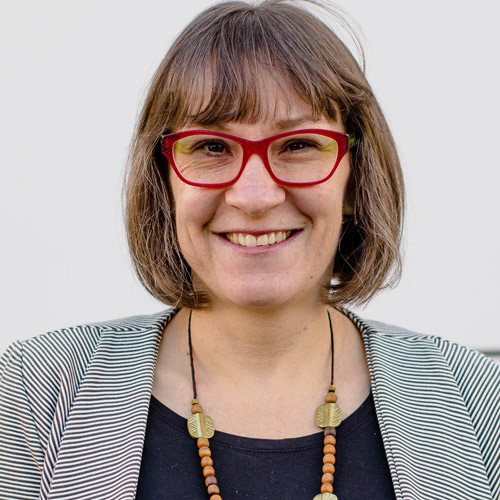Benefits
- Empowering patients to fight their cancer through next-generation CAR-T technologies.
Technology
CAR-T cell therapy has produced some stunning results against blood cancers, particularly paediatric acute lymphoblastic leukaemia (ALL). There is a large international research effort to apply this success to solid cancers, the majority of cancers diagnosed worldwide. So far, results have been mixed and there is yet to be a “breakthrough” in this field. Few companies in this space are producing a CAR-T cell targeted at a cancer stem cell marker. Many cancers, including colorectal cancer, are initially responsive to standard treatment (chemotherapy, radiotherapy, etc.) but very often return. It is thought this is in part due to the presence of cancer stem cells, that act as “seeds” of cancer that are resistant to chemotherapy/radiotherapy and are able to “re-seed” cancer.
This CAR-T cell is targeted at a marker found on a number of cancers as well as colorectal cancer.
This CAR-T cell has demonstrated improved tumour access and cell survival versus competitors; the in vivo (mice) studies show highly promising results. We have a tight timeframe to Phase I/II readiness (~18 months).
Potential markets
There is a large initial target market (colorectal cancer) and numerous other potential indications.
Partnering opportunities
Carina has pending patent applications and trade secret proprietary technologies for CAR-T cell manufacturing.
IP status
Carina has pending patent applications and trade secret proprietary technologies for CAR-T cell manufacturing.

